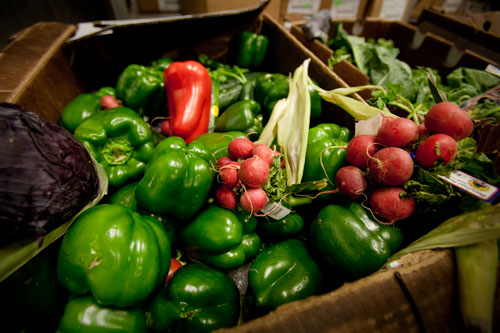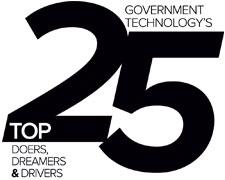Washington City Paper, March 7, 2012
American University is trying hard to become the city’s least wasteful college. Two years ago, after eliminating trays in the cafeteria to cut down on overeating, AU started composting food scraps, collecting 500 tons annually. Then it added paper towels to the pile. Just recently, it hired a zero-waste coordinator to bring the total amount sent to landfills down to, well, zero.
In mid-December, the composting program came to a screeching halt: The plant where American had been sending its food waste—Recycled Green in Woodbine, Md.—was abruptly shut down by the state’s Department of the Environment for failing to contain the foul liquid that leached out from the organic matter it was processing into the ground.
This wouldn’t be a huge problem, except for the fact that there is no other large permitted composting facility in Maryland, which recently tightened up its environmental regulations on composters to protect the Chesapeake Bay from contaminated groundwater. So all of Recycled Green’s D.C. customers were left with an unappetizing alternative: Trucking their organics 100 miles away to the next closest facility in Wilmington, Del., at significantly higher cost.
……
To truly go mainstream, composting needs to be part of an overall zero waste plan, like what’s been implemented in cities like Seattle, Portland, and San Francisco. There, consumers pay more to throw away more garbage, but composting and recycling are picked up for free. “I think that’s one of the things that’s lacking in D.C.,” says Brenda Platt of the Institute for Local Self Reliance, which has been working on the issue for years now. “It’s been bottles, cans, paper, and that’s as far as it’s gone, because it doesn’t have the sustainability frame.”
Photo by Darrow Montgomery





